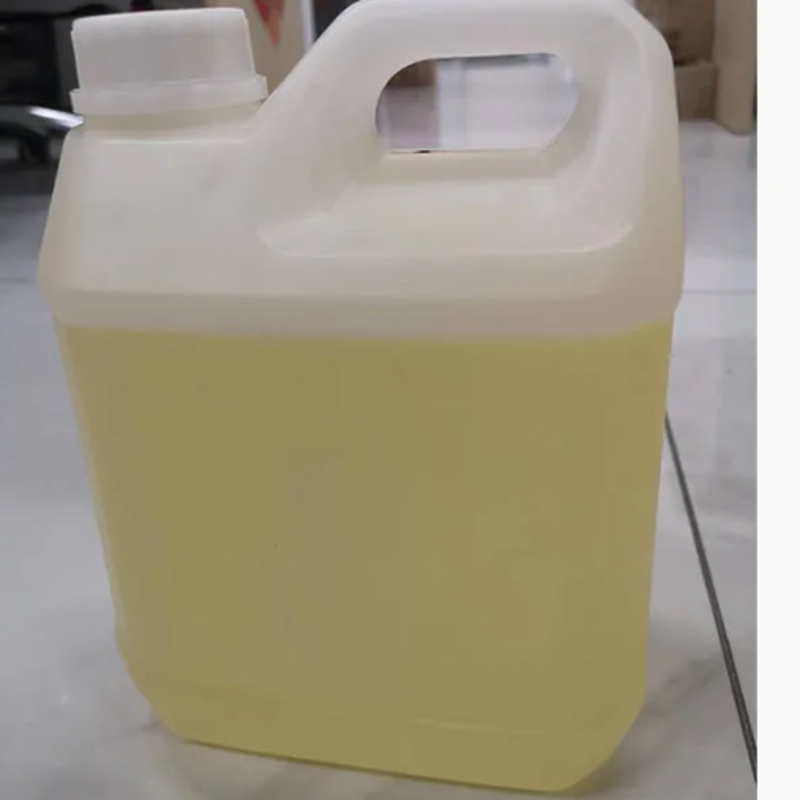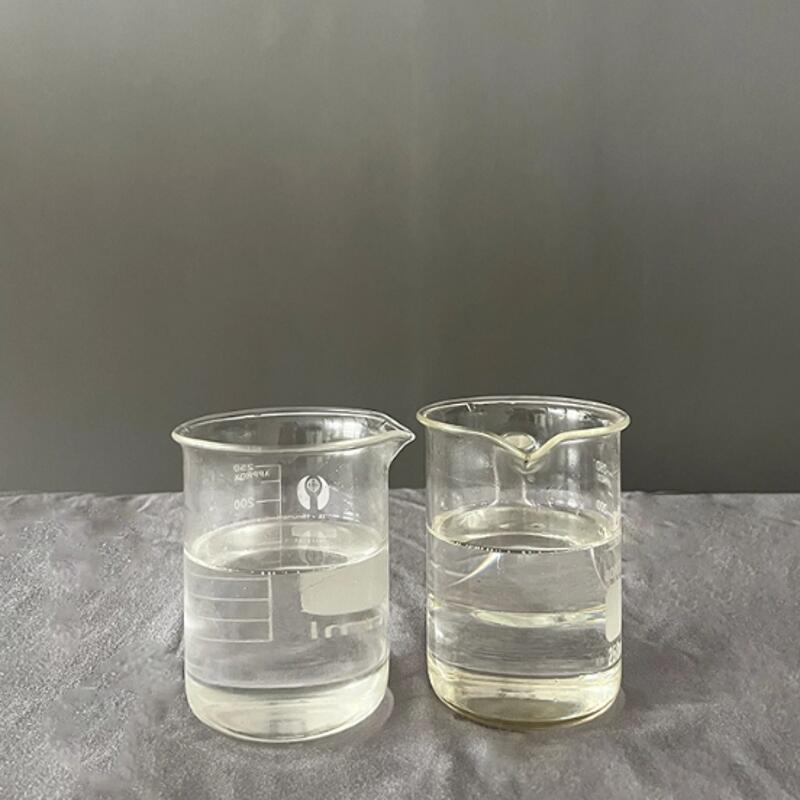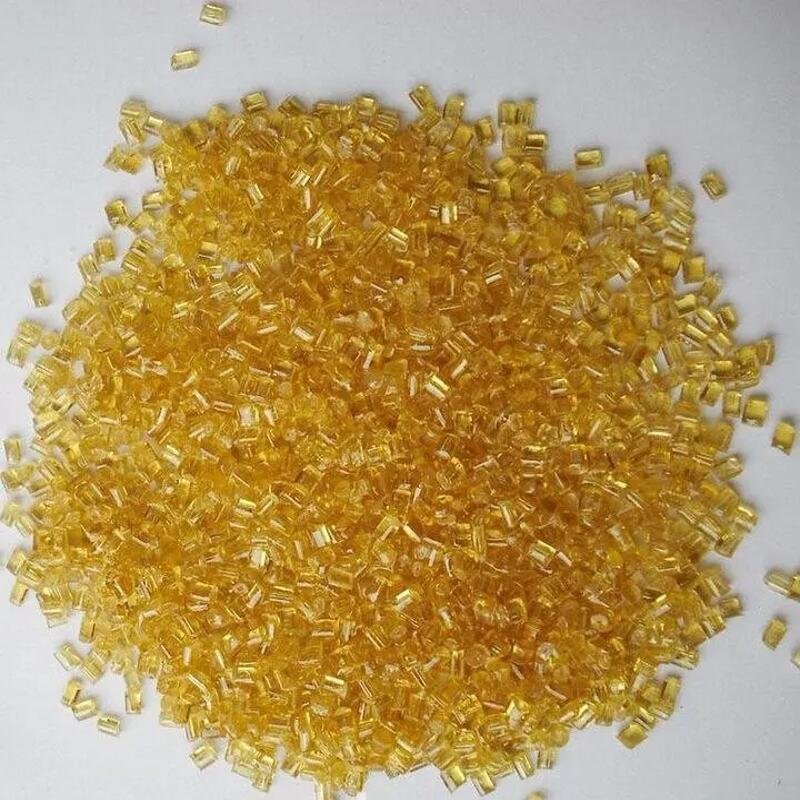-
Categories
-
Pharmaceutical Intermediates
-
Active Pharmaceutical Ingredients
-
Food Additives
- Industrial Coatings
- Agrochemicals
- Dyes and Pigments
- Surfactant
- Flavors and Fragrances
- Chemical Reagents
- Catalyst and Auxiliary
- Natural Products
- Inorganic Chemistry
-
Organic Chemistry
-
Biochemical Engineering
- Analytical Chemistry
-
Cosmetic Ingredient
- Water Treatment Chemical
-
Pharmaceutical Intermediates
Promotion
ECHEMI Mall
Wholesale
Weekly Price
Exhibition
News
-
Trade Service
On July 28, according to media reports, Japan's Mitsubishi Chemical and a packaging material manufacturer jointly developed a plastic bag that can degrade in seawater, which will contribute to reducing marine plastic waste
.
According to the report, this shopping bag is made of plant ingredients such as sugar cane, and the principle of microbial degradation of garbage in the soil is applied, which is mainly decomposed by microorganisms
.
This kind of shopping bag can be completely decomposed in only about a year, while the natural decomposition of ordinary plastic bags usually ranges from 20 to 1,000 years
.
Earlier this month, the Japanese government began requiring all retailers to charge consumers for plastic shopping bags in an effort to discourage consumers from overusing plastic bags
.
Globally, the annual flow of plastic waste into the oceans will more than triple to 600 million tonnes by 2040, according to a new study, according to a new study
.
However, the study also pointed out that, if relevant measures can be developed, using currently available technological solutions, plastic pollution can be reduced by 80% by 2040
.







